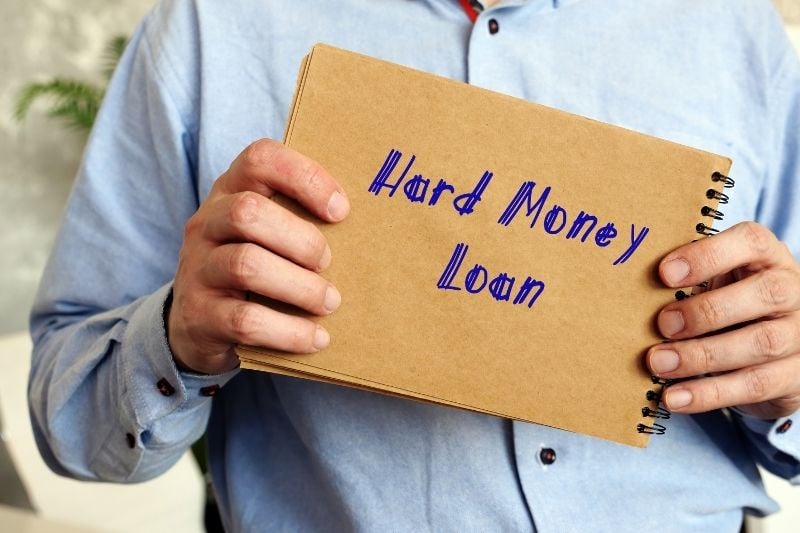Cash Flow and Trust Deed Investments – What You Need to Know

Trust deed investments are those wherein an investor makes a private loan to a borrower who uses his or her property as collateral for the loan. In the context of trust deed investing, the legal title of the property being used as security is transferred to a third party trustee. The equitable title of the property remains in the borrower’s possession. If for some reason the borrower defaults on the loan, the trustee can turn around and foreclose on the property and recoup the investor’s money through a trustee auction. Once the property is auctioned off to the highest bidder, the investor receives the funds and the new owner of the property receives both the legal and equitable titles to the property.
Navigating the Tough Economy
Trust deed investments, or hard money loans, are a great option for private investors, especially in the current economic climate. The global financial crunch has led banks and more traditional lending institutions to adopt more stringent qualification criteria for loans. At the same time, widespread unemployment caused by the recession has forced many people out of a job, causing them to fall back on their debts, and end up with poor credit. In such situations it can be very difficult to get a loan, unless a borrower relies on a private money loans. This has provided tremendous opportunities for private money lenders to fulfill a need.
Trust Deed Investment: the Bottom Line
So why should you invest in a trust deed? The reason is simple – increased cash flow, good returns and collateral. When you engage in private money lending, you can charge a higher interest rate than a bank would. In addition, payments are received monthly and your investment is secured by real estate. So the net result is that the borrower pays the investor a higher return on their investment, and if the loan is defaulted on, the investor can recoup his or her investment through a Trustee Sale.
Most private investors work through a private money lending company or broker when investing in trust deeds or hard money loans. The lending company matches borrowers with investors, and also structures and facilitates the loan. The investor then receives the loan payments through the company that services the loan.
Steady Cash Flow
The beauty of a trust deed investment is that the cash flow to the investor is constant, as long as the borrower continues to make the monthly payments. The monthly interest payments made by the borrower on the loan can represent as much as a 15% return on investment in some cases. This makes for a steady, dependable, and consistent increase in the investor’s cash flow.
Important Cash Flow Comparison
Cash flow is one of the key reasons why trust deed investments are so attractive to investors. In comparison to other cash flow investments, we like trust deed investments because:
- A stock’s value fluctuates by the minute. A Trust Deed’s value is fixed.
- A stock usually pays no interest (or dividend) but if it does it usually pays close to the prime rate of interest. A Trust Deed typically pays well over the prime rate of interest.
- A stock owner is usually in third lien position (behind bondholders and preferred stockholders); a Trust Deed owner is usually in first position.
- A stock never makes you principal payments; a Trust Deed will from time to time.
- A stock is bought and sold in a highly regulated market by politicians and elected bureaucrats; existing Trust Deeds are bought and sold by private parties among others.
- If you own a stock and the company decides to stop paying dividends, you have no recourse. If a Trust Deed borrower stops paying you, you have lots of recourse.
- A stock’s collateral is the company’s real estate (if they own any), factories and equipment in possibly many different states and/or countries. A Trust Deed is collateralized by U.S. real estate often in your local area where you can keep an eye on it.
These are a few reasons why since 1975 we at Val-Chris Investments, Inc. have been investing in trust deeds.


